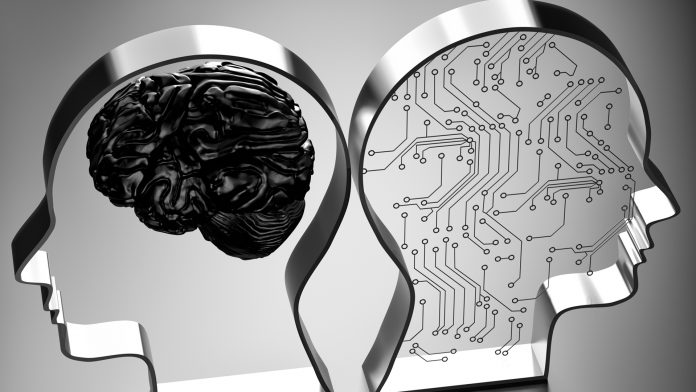A fascinating study just published in Nature Mental Health aimed at helping predict the outcomes of psychotherapy for patients with Post-Traumatic Stress Disorder (PTSD) using Machine Learning (ML) and electroencephalography (EEG) data.
PTSD is a mental health condition triggered by experiencing or witnessing a traumatic event; two evidence-based treatments–Prolonged Exposure (PE) and Cognitive Processing Therapy (CPT)–are commonly used to help patients, with varied results.
In this study, the researchers used a supervised machine learning approach and high-density resting-state EEG (rsEEG) recordings to predict individual psychotherapy outcomes. They identified a pretreatment EEG connectivity signature in the eyes-open theta frequency range that was predictive of patients’ responses to both PE and CPT.
“Not only could EEG ML predict treatment, but models trained on one therapy could predict the other. Not only could EEG ML predict responders, but it could also identify non-responders.…people for whom neither therapy works.” — Dr. Amit Etkin, Founder and CEO at Alto Neuroscience and Adjunct Professor at Stanford University
These findings are consistent with previous fMRI-based studies on functional connectivity abnormalities and treatment-associated changes in PTSD. The use of EEG in this study offers a more affordable and clinically scalable neuroimaging tool compared to fMRI, making it more accessible for clinical applications.
The study shows how biomarkers can potentially help match treatment-to-individual (or at least to profile of individuals):
- Prediction of treatment outcomes: By predicting individual responses to two major types of psychotherapy for PTSD patients, biomarkers can help clinicians better select treatments to improve therapy outcomes.
- Identification of treatment-resistant patients: Biomarkers can also help identify patients who may not respond well to existing psychotherapy approaches.
In summary, this study used machine learning models and EEG connectivity data to predict psychotherapy outcomes in PTSD patients, finding a signature that was separately predictive of the two major types of psychotherapy currently in practice: Prolonged Exposure (PE) and Cognitive Processing Therapy (CPT). In doing so it contributes to a better understanding of the neurobiology of PTSD, promoting further research on the use of cost-effective neuroimaging tools, and potentially improving treatment outcomes for patients who are resistant to current treatments. Future research include the need for more comprehensive analyses with larger sample sizes and testing the method in more diverse populations.
The Study:
Machine learning-based identification of a psychotherapy-predictive electroencephalographic signature in PTSD (Nature Mental Health). From the Abstract:
Although psychotherapy is at present the most effective treatment for posttraumatic stress disorder (PTSD), its efficacy is still limited for many patients, due mainly to the substantial clinical and neurobiological heterogeneity in the disease … This study investigates whether individual patient-level resting-state EEG connectivity can predict psychotherapy outcomes in PTSD. We developed a treatment-predictive EEG signature using machine learning applied to high-density resting-state EEG collected from military veterans with PTSD. The predictive signature was dominated by theta frequency EEG connectivity differences and was able to generalize across two types of psychotherapy—prolonged exposure and cognitive processing therapy. Our results also advance a biological definition of a PTSD patient subgroup who is resistant to psychotherapy, which is currently the most evidence-based treatment for the condition. The findings support a path towards clinically translatable and scalable biomarkers that could be used to tailor interventions for each individual or drive the development of novel treatments.
The Study in Context:
- Machine-learning study finds EEG brain signatures that predict response to antidepressant treatments
- Alto Neuroscience raises $60M (equity + credit) to help fix the “trial and error” approach to psychiatric medication
The post Study shows the power of electroencephalography and machine learning to help predict response to psychotherapy (or lack thereof) in patients with PTSD appeared first on SharpBrains.



















